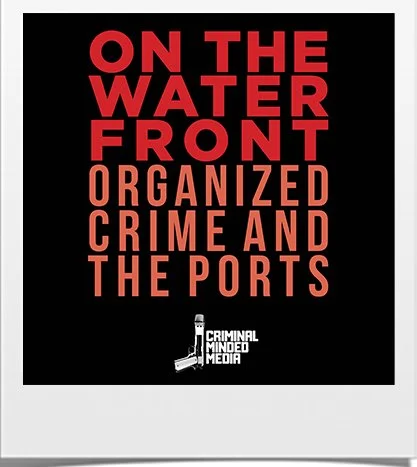
on the waterfront

SHOW DECK
STORY
It was the flies buzzing around the trunk of the silver Acura parked behind the Huck Finn Diner in Union, N.J., that first drew notice. On closer inspection, the diner’s owner detected a foul stench. He called the police.
Inside the trunk was the decaying body of a gangster, a reputed member of the Genovese crime family who managed the mob’s rackets on the New Jersey waterfront. Lawrence Ricci, 60, had gone missing two months earlier amid a corruption trial in Brooklyn. He had been accused of conspiring with officials of the International Longshoremen’s Association to win contracts from the union’s benefit plan for mob-tied firms — charges of which he was acquitted after he disappeared.
The mob had been overcautious, George Barone, an admitted Genovese gangster and former ILA vice president who testified as a government witness at the trial, later explained. “They were afraid he was going to talk if he was convicted,” Barone said.
That was in 2005, and no other waterfront mobsters have turned up dead in any car trunks in the 18 years since Ricci met his fate. But in many ways, the nearly century-old legacy of organized crime is still felt along the sprawling New York–New Jersey port, even as the bistate agency established to clean up the docks — the Waterfront Commission of New York Harbor — has been marked for extinction.
The move to eliminate the commission came last month after the U.S. Supreme Court unanimously approved the right of the state of New Jersey to withdraw from the 70-year-old agency. New Jersey governor Phil Murphy, who has long championed the effort, announced himself “thrilled” by the decision, while his fellow Democrat, New York governor Kathy Hochul, expressed dismay, and newspaper editorials in his own state warned him to be careful of what he wished for.
Murphy said that New Jersey’s state police can easily handle the commission’s task of screening job applicants and monitoring waterfront businesses for any ties to organized crime. But he has yet to release a plan and his office did not respond to a request for particulars. “Those details are still being worked out right now,” said Lt. Lawrence Peele, a spokesman for the state police.
Former New Jersey state senator Raymond Lesniak was the original sponsor of the successful legislation calling for the Garden State to abandon the bi-state compact, a bill that was signed into law in 2018. Lesniak argued that the agency over-regulated waterfront businesses and had outlived its usefulness. “It is a relic of the past,” he told THE CITY. But Lesniak said that he was puzzled by the delay in releasing the new strategy. “I don’t know why they are being so secretive about it,” Lesniak said. “But it’s the responsibility of the state police and I respect their operations.”

